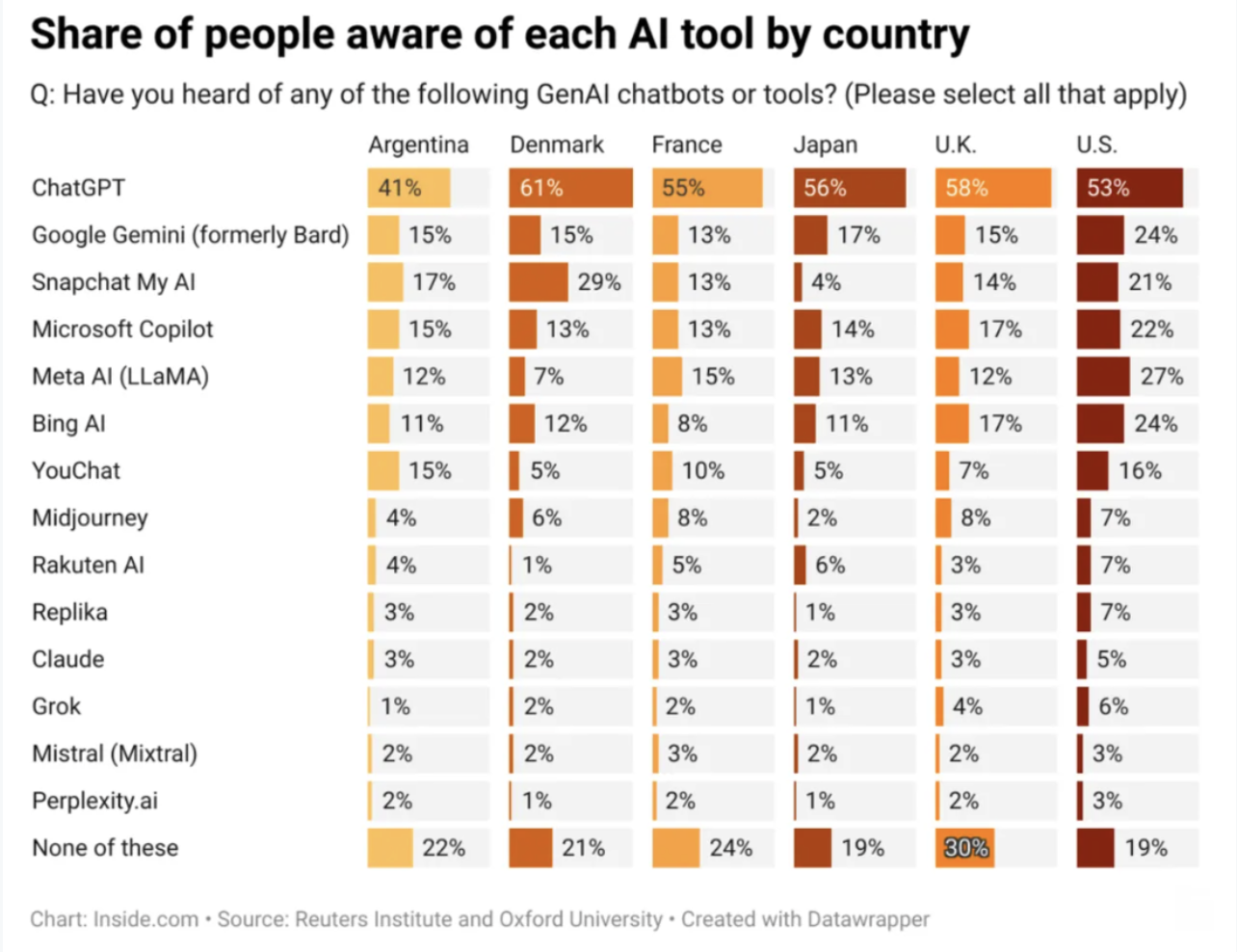Whether optimizing customer operations or enhancing contact center performance, AI offers transformative benefits. This week, we explore two critical areas where AI can make a significant impact:
- Selecting the right generative AI model for your business
- Improving agent performance in contact centers
But that’s not all! I would like to invite you to join my Meetup group, “AI for Customer Operations and Sales.”
Join “AI for Customer Operations and Sales.” This group is dedicated to providing you with practical knowledge, powerful tools, and real-world examples of AI applications to enhance customer operations and improve sales performance.
What You’ll Gain:
- Enhance Sales Performance: Learn precise AI strategies to improve your sales process, identify high-value opportunities, and increase deal closure rates.
- Optimize Efficiency: Discover how AI can streamline workflows, automate repetitive tasks, and enable you to focus on more impactful activities.
- Improve Lead Nurturing: Utilize AI to better manage and nurture leads, ensuring higher conversion rates and more effective customer engagement.
- Data-Driven Decision Making: Leverage AI-powered analytics to make informed decisions, anticipate customer needs, and maintain a competitive edge.
- Practical Usage and Tools: Gain hands-on knowledge about specific AI tools and their practical applications to directly enhance your day-to-day operations and sales strategies.
Optimizing Customer Operations with Generative AI: Separating Hype from Reality
In the modern business landscape, generative AI models are often touted as revolutionary tools capable of transforming customer operations. However, it’s crucial to look beyond the hype. The prominence of a model doesn’t always equate to its suitability for your needs. To harness the true potential of generative AI, businesses must critically assess each model’s strengths and weaknesses.

Key Considerations for Selecting Generative AI Models
- Accuracy and QualityTo leverage AI effectively, it’s essential to evaluate how well the model addresses your specific needs and delivers accurate responses. Not all generative AI models are created equal, and their performance can vary significantly depending on the application.
Example: In customer service, accuracy in understanding and responding to queries is paramount. A model like OpenAI’s GPT-4 can provide high-quality, contextually relevant responses, enhancing customer satisfaction. According to a study by Gartner, businesses using highly accurate AI models for customer interactions see a 30% improvement in customer satisfaction rates.
- Cost and ScalabilityThe cost-effectiveness and scalability of an AI model are critical for long-term sustainability. Organizations must consider whether the model can handle increasing volumes of data and interactions without exponential cost increases.
Example: A small e-commerce company might find that a pay-as-you-go model like Google’s Dialogflow suits its budget and scaling needs better than a high upfront cost model. McKinsey reports that scalable AI solutions can reduce operational costs by up to 20%, especially in sectors like retail and finance.
- Integration and CustomizationEase of integration with existing systems and the ability to customize the AI model to meet specific business requirements are vital considerations. An AI model that seamlessly integrates can save time and reduce implementation headaches.
Example: Salesforce’s Einstein AI is designed to integrate effortlessly with the Salesforce platform, offering businesses the ability to tailor the model to their CRM needs. Forrester found that companies with well-integrated AI systems report a 35% increase in operational efficiency.
- Making an Informed DecisionBy carefully evaluating these factors, businesses can select a generative AI model that truly enhances their customer operations. Relying solely on brand recognition or popularity can lead to suboptimal outcomes. Instead, a thorough assessment ensures that the chosen AI model aligns with the organization’s specific goals and operational realities.
Conclusion
Generative AI is a powerful tool that can revolutionize customer operations, but only when selected and implemented thoughtfully. By focusing on accuracy, cost-effectiveness, scalability, and integration capabilities, businesses can move beyond the hype and leverage AI to its fullest potential. Make informed decisions to truly optimize your customer operations with generative AI, ensuring that your choice is driven by fit rather than fame.
Enhancing Contact Center Performance with AI
Contact center leaders are increasingly prioritizing automation to stay competitive in the customer service industry. In fact, 91% of contact center leaders view automation as a top priority. Leveraging AI in your contact center can significantly enhance agent performance and customer satisfaction. Here’s how AI can transform your contact center operations:
Key Benefits of AI in Contact Centers
- Real-Time AssistanceAI provides agents with instant solutions, drastically reducing response times and improving the efficiency of customer interactions.
Example: An AI-powered tool like IBM Watson Assistant can provide agents with real-time suggestions and responses based on the context of the conversation, ensuring quick and accurate customer service. Despite the advancements, 68% of contact center leaders believe their current technology does not fully support digital transformation.
- Targeted TrainingAI can analyze agent interactions to identify specific training needs, enabling continuous improvement in agent skills and performance.
Example: AI-driven analytics platforms like Observe.AI can monitor calls and provide feedback on areas needing improvement, such as handling objections or improving tone. Companies using AI for targeted training report a 15% increase in agent performance and a 12% boost in customer satisfaction.
- Task AutomationAutomating routine tasks with AI frees agents to focus on more complex and high-value interactions, enhancing overall productivity.
Example: AI solutions like UiPath can automate repetitive tasks such as data entry and updating customer records, allowing agents to dedicate more time to solving customer issues. Automation can reduce the time agents spend on routine tasks by up to 40%, leading to more efficient contact center operations.

- Sentiment AnalysisAI can read and interpret customer emotions, allowing agents to tailor their responses to the customer’s emotional state, leading to more personalized and effective interactions.
Example: Tools like Microsoft Azure Cognitive Services can analyze the sentiment of customer communications, providing agents with insights to adjust their approach accordingly. Implementing sentiment analysis can improve customer satisfaction scores by up to 20%.
- Predictive AnalyticsAI uses predictive analytics to foresee potential issues and provide proactive solutions, ensuring faster resolutions and increased customer loyalty.
Example: Solutions like Salesforce Einstein Analytics can predict customer needs and potential problems, allowing agents to address issues before they escalate. Predictive analytics can improve first-call resolution rates by up to 30%, significantly enhancing customer experience.
Conclusion
Incorporating AI into your contact center is not just a trend but a strategic move to enhance agent performance and customer satisfaction. By leveraging AI for real-time assistance, targeted training, task automation, sentiment analysis, and predictive analytics, your contact center can achieve new levels of efficiency and effectiveness. Don’t miss out on the opportunity to revolutionize your contact center operations with AI-driven solutions.
Did you find it interesting? Subscribe to my newsletter for more weekly insights:
[mailerlite_form form_id=9]


